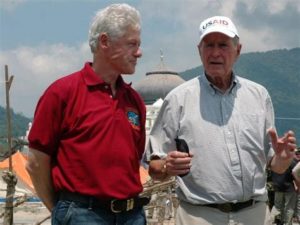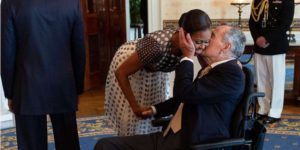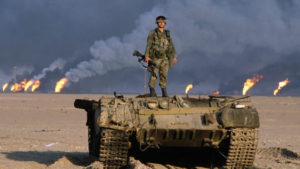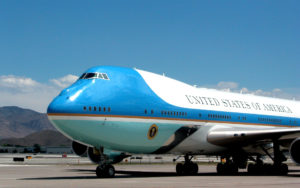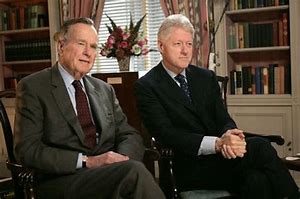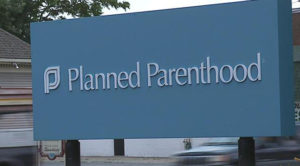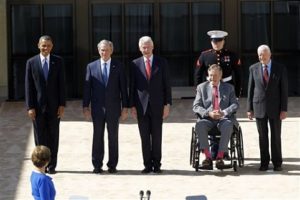Some members of the far right wing mainstream media are just appalled, I tell ya, that individuals who seek to honor the life and service of the late President George H.W. Bush are taking pot shots at one of his successors, Donald John Trump.
How dare they say those things and besmirch the tributes to Bush 41? I think I know how those Trump critics justify the criticism.
They suggest — and I concur with them — that Donald Trump has shown no reluctance to criticize political foes while they are stricken with life-threatening illness. I am thinking specifically of the late Sen. John McCain, who died in August after battling brain cancer. Did the president let up on his anger over McCain’s “no” vote against repealing the Affordable Care Act? He did not.
He mocked a New York Times reporter’s physical disability; he took dead aim at a Gold Star family whose son died in Iraq because they criticized him at the 2016 Democratic National Convention.
I believe that lies at the crux of the belief among those who choose to honor President Bush. They remember his decency, his grace, his humility, his empathy, his deep and fundamental understanding of public service; indeed, they honor his seven decades of public service, starting with his combat duty during World War II as the Navy’s youngest fighter pilot.
It is impossible to avoid drawing comparisons between President Bush and his presidential successor. What’s more, Donald Trump’s own record of disparaging others is loaded with examples of precisely the lack of the qualities that George H.W. Bush exhibited during his long and distinguished public life.
The pundits and commentators on the far right are entitled to express their outrage over the treatment that Trump is getting at this moment. Let ’em gripe.
Just remember the old “sauce for the goose and sauce for the gander” refrain. What’s good for one is certainly good for the other.

